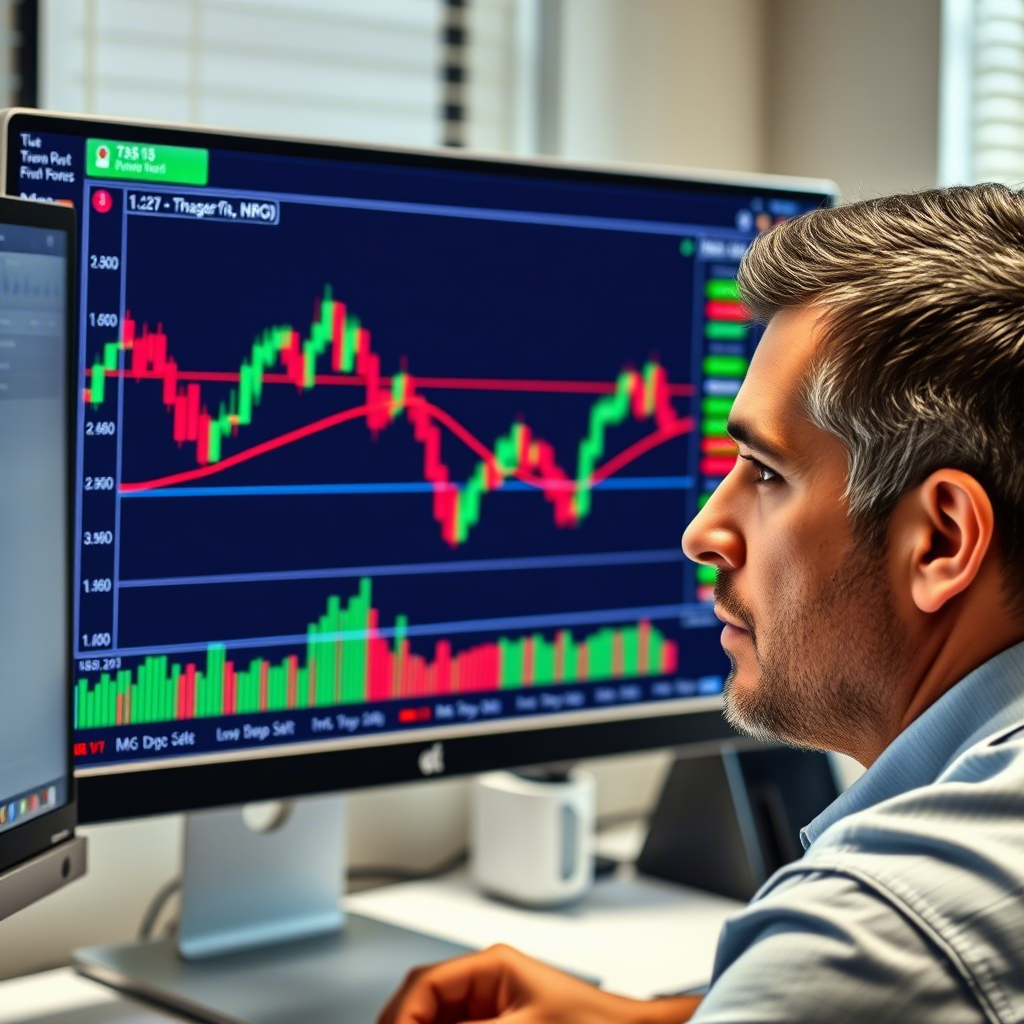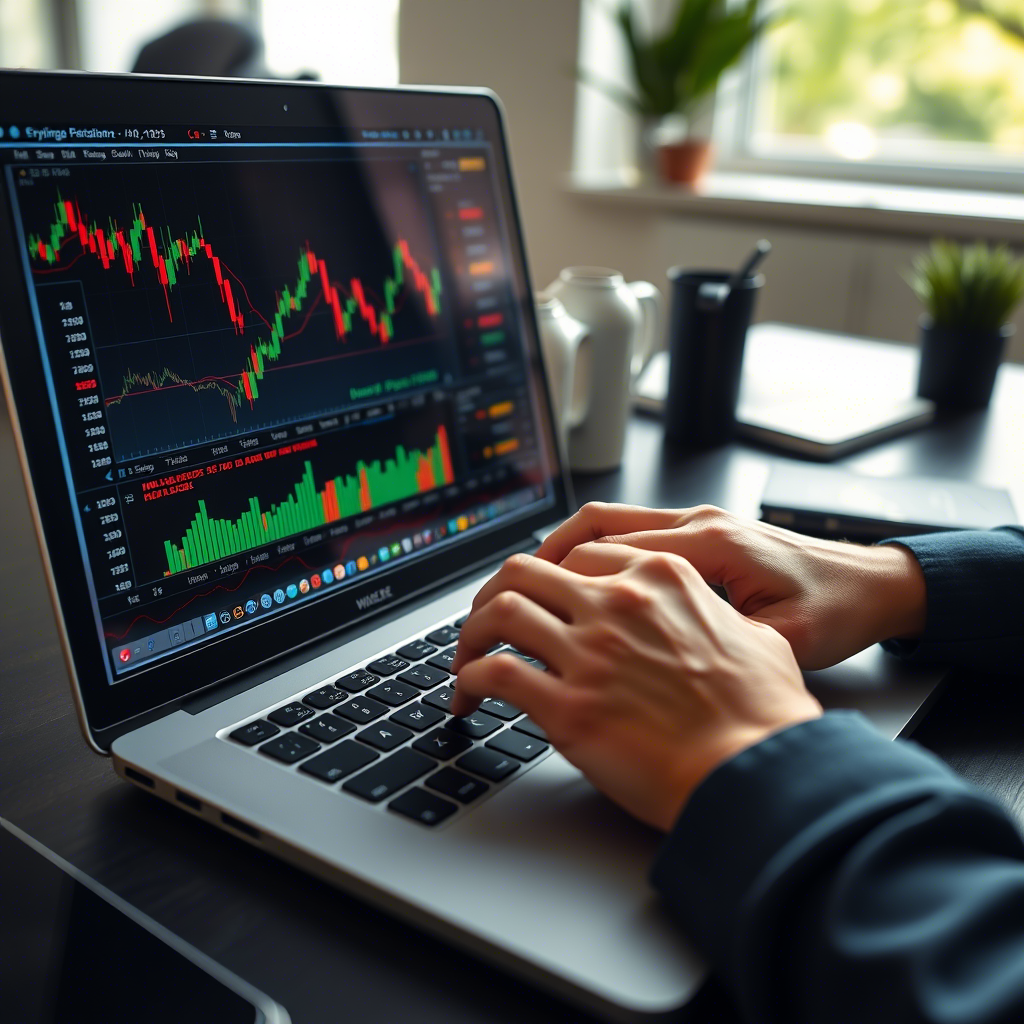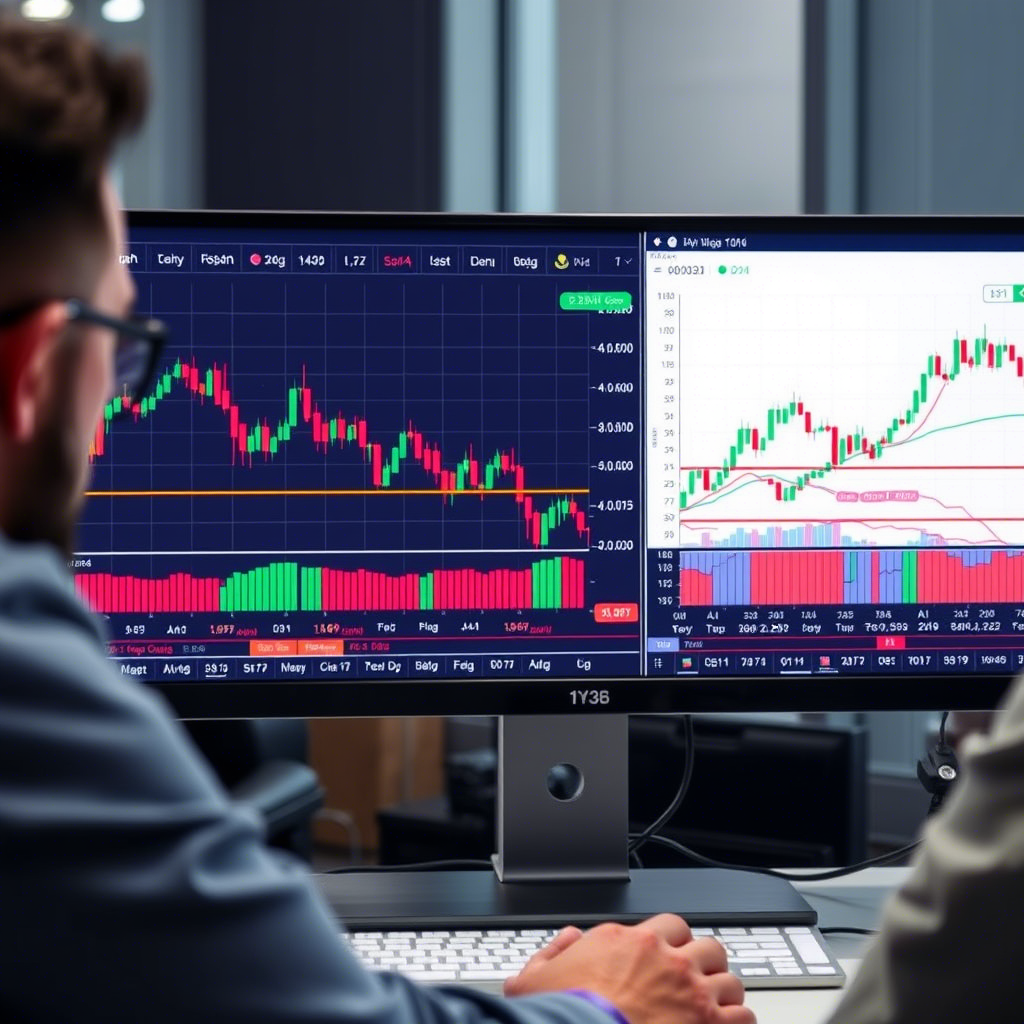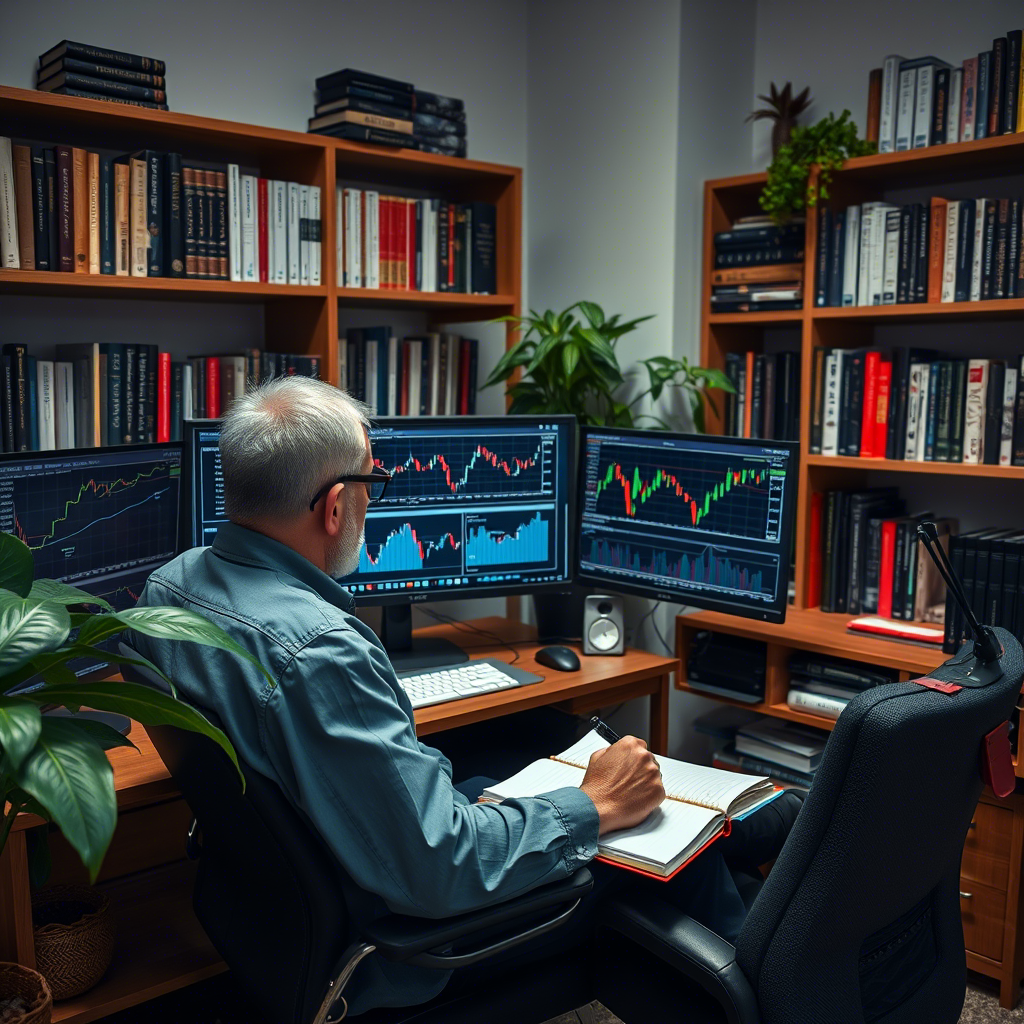The Power of Forex Demo Accounts: Your Gateway to Currency Trading Success
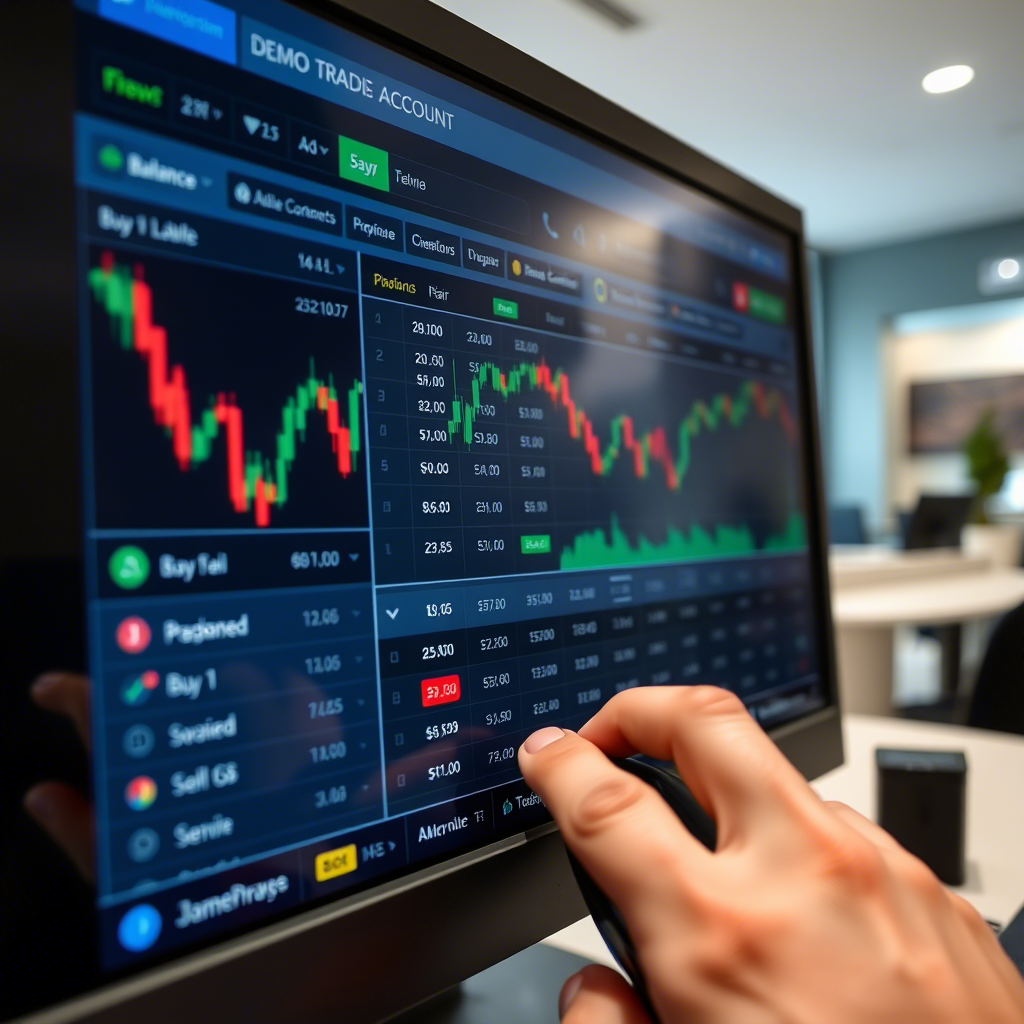
What Is a Forex Demo Account?
A forex demo account is a simulated trading environment provided by brokers that mirrors the live forex market. It uses virtual funds, so you can execute trades, analyze charts, and test strategies without risking real money. Demo accounts replicate real-time price movements, spreads, and trading conditions, making them an invaluable tool for learning and experimentation.
Whether you’re a novice exploring forex for the first time or an experienced trader testing a new strategy, demo accounts offer a safe space to build confidence and competence.
Why Use a Forex Demo Account?
Demo accounts are a game-changer for traders. Here’s why they’re essential:
-
Risk-Free Learning: Practice trading without the fear of losing money, ideal for mastering the basics.
-
Real Market Experience: Access live market data and conditions to understand how forex works.
-
Strategy Testing: Experiment with trading strategies to find what suits your style.
-
Platform Familiarity: Get comfortable with your broker’s trading platform, from charting tools to order execution.
-
Confidence Building: Gain the skills and mindset needed to trade with real capital.
Incorporating a demo account into your trading journey can significantly boost your chances of success.
Key Features of Forex Demo Accounts
Not all demo accounts are created equal. When choosing one, look for these essential features to maximize your learning experience.
1. Realistic Trading Conditions
A good demo account should closely mimic the live market, including:
-
Real-Time Prices: Accurate market data for authentic practice.
-
Spreads and Fees: Similar spreads and swap fees as live accounts.
-
Leverage Options: Access to the same leverage levels offered in real trading.
2. Access to Trading Platforms
Most demo accounts are tied to popular platforms like MetaTrader 4 (MT4), MetaTrader 5 (MT5), or cTrader. Ensure the demo lets you explore the platform’s full range of tools, such as:
-
Technical indicators (RSI, moving averages, etc.).
-
Customizable charts and timeframes.
-
Automated trading features (e.g., Expert Advisors on MT4).
3. Virtual Funds
Demo accounts typically provide a set amount of virtual money (e.g., $10,000 or $100,000). Some brokers allow you to adjust the balance to simulate your real trading capital.
4. Time Limits (or Lack Thereof)
While some demo accounts expire after 30 days, many brokers offer unlimited access. Opt for an unlimited demo to practice at your own pace.
5. Educational Resources
Top brokers pair demo accounts with tutorials, webinars, or guides to accelerate your learning. Look for platforms that offer robust support for beginners.
Benefits of Practicing with a Demo Account
Using a demo account offers numerous advantages that pave the way for successful trading.
1. Mastering the Basics
For newcomers, forex can be daunting with its jargon (pips, lots, leverage) and fast-paced nature. A demo account lets you:
-
Learn how to place market and limit orders.
-
Understand leverage and margin requirements.
-
Navigate currency pairs like EUR/USD or GBP/JPY.
2. Testing Trading Strategies
Whether you’re exploring scalping, swing trading, or carry trades, a demo account is the perfect testing ground. You can:
-
Experiment with technical indicators like Bollinger Bands or MACD.
-
Backtest strategies using historical data.
-
Refine risk management techniques, such as setting stop-losses.
3. Building Emotional Discipline
Trading psychology is critical to success. Demo accounts help you practice staying calm under pressure, avoiding impulsive decisions driven by fear or greed.
4. Evaluating Brokers
A demo account lets you assess a broker’s platform, execution speed, and customer support before committing real funds. This ensures you choose a reliable partner for live trading.
How to Get Started with a Demo Account
Setting up a forex demo account is straightforward. Follow these steps to begin:
-
Choose a Reputable Broker: Look for brokers regulated by authorities like the FCA, ASIC, or CFTC. Popular options include IG, Forex.com, and XM.
-
Sign Up for a Demo Account: Most brokers offer demo accounts on their websites. Provide basic details like your name and email.
-
Select a Platform: Choose the platform you want to practice on (e.g., MT4, MT5, or a proprietary platform).
-
Customize Your Account: Set your virtual balance, leverage, and account type (standard, ECN, etc.).
-
Start Trading: Download the platform or access it via a browser and begin practicing.
Most brokers make this process quick, allowing you to start trading within minutes.
Best Practices for Using a Demo Account
To get the most out of your demo account, follow these tips:
1. Treat It Like a Live Account
Approach demo trading with the same seriousness as real trading. Use realistic position sizes and risk management rules to simulate live conditions.
2. Set Clear Goals
Define what you want to achieve, such as:
-
Mastering a specific strategy (e.g., trend following).
-
Learning to use a platform’s features.
-
Building a consistent profit record over a month.
3. Keep a Trading Journal
Log every trade, noting your entry/exit points, strategy, and outcome. Review your journal weekly to identify strengths and areas for improvement.
4. Experiment with Different Strategies
Try various approaches—scalping, day trading, or long-term trading—to discover what suits your personality and schedule.
5. Transition Gradually to Live Trading
Once you’re consistently profitable in the demo account (e.g., after 3-6 months), start with a small live account. Don’t rush—this ensures you’re ready for real-market pressures.
Common Mistakes to Avoid
While demo accounts are risk-free, certain pitfalls can hinder your progress:
-
Overtrading: Making too many trades without a plan can build bad habits.
-
Ignoring Risk Management: Failing to set stop-losses or risking large amounts per trade won’t prepare you for live trading.
-
Unrealistic Expectations: Using excessive leverage or virtual funds far beyond your real capital can skew your perception of risk.
-
Rushing to Live Trading: Transitioning too soon, before mastering a strategy, often leads to losses.
-
Neglecting Psychology: Demo accounts don’t replicate the emotional stress of real trading. Practice discipline to prepare for live market pressures.
Choosing the Right Demo Account
Not all demo accounts are equal. Here’s how to pick the best one:
-
Broker Reputation: Choose a regulated broker with positive reviews and reliable customer support.
-
Platform Compatibility: Ensure the demo supports your preferred platform (e.g., MT4, cTrader).
-
Realistic Conditions: Confirm the demo mirrors live account conditions, including spreads and execution speed.
-
Unlimited Access: Opt for a demo with no time limit to practice at your own pace.
-
Educational Support: Select brokers offering tutorials, webinars, or guides to enhance your learning.
Popular brokers like OANDA, Pepperstone, and eToro provide excellent demo accounts with robust features.
Transitioning from Demo to Live Trading
Moving to a live account is a big step. Here’s how to make it smooth:
-
Start Small: Begin with a small deposit to minimize risk while adjusting to real-market emotions.
-
Stick to Your Strategy: Use the same approach that worked in your demo account.
-
Manage Emotions: Expect some anxiety when real money is at stake. Stay disciplined and follow your plan.
-
Scale Up Gradually: Increase your trading size only after consistent success in the live account.
Conclusion
Forex demo accounts are an indispensable tool for anyone looking to succeed in currency trading. They offer a risk-free environment to learn the ropes, test strategies, and build confidence without the fear of financial loss. By treating your demo account seriously, setting clear goals, and avoiding common pitfalls, you can lay a strong foundation for live trading. Choose a reputable broker, practice diligently, and take your time transitioning to real capital. With a demo account as your starting point, you’re well on your way to mastering the forex market. Start exploring today and unlock your trading potential!

